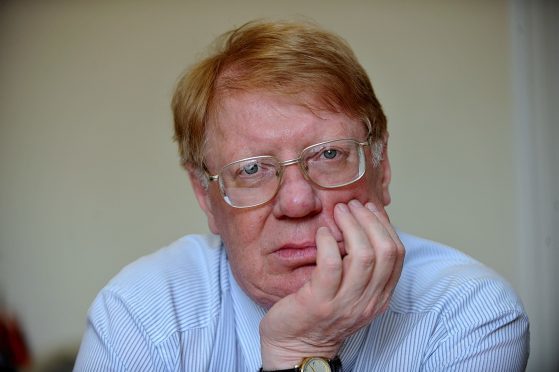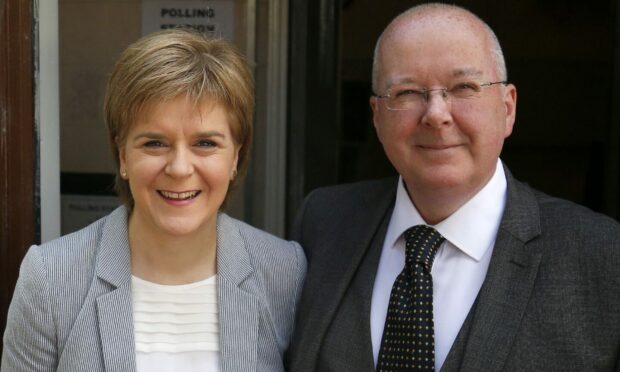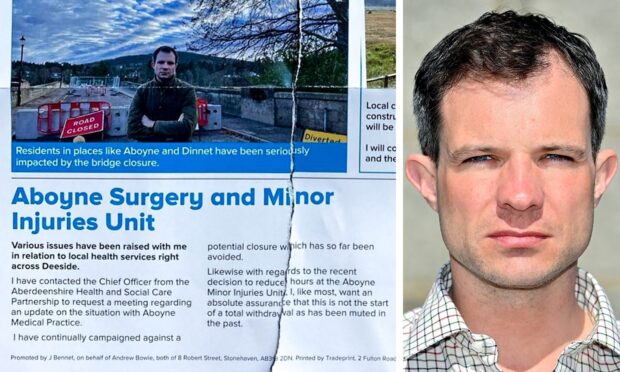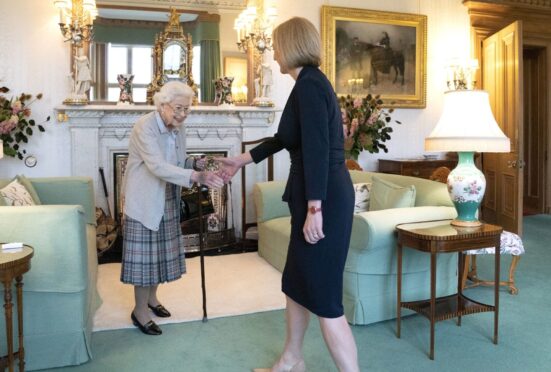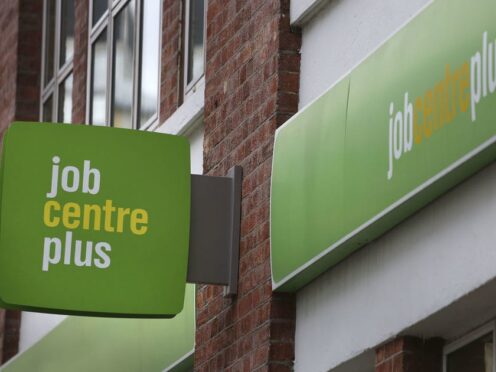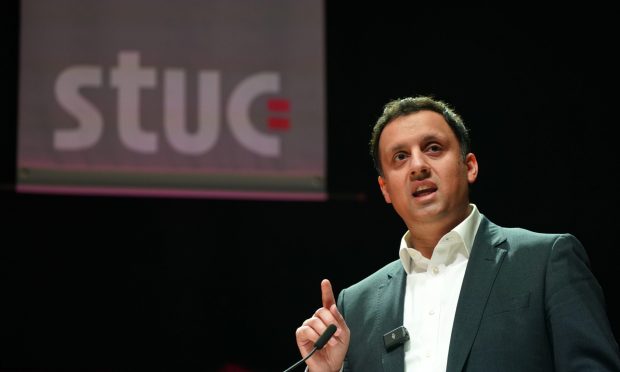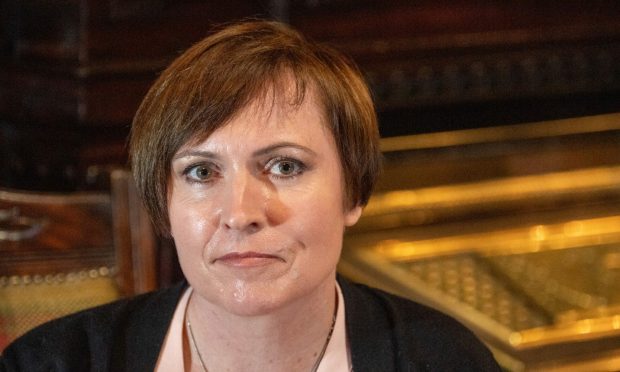An economist has branded a section of the SNP’s Growth Commission report on the nation’s future as “unbelievably superficial and misleading”.
Tony Mackay claimed the analysis of Scotland’s economic performance was “poor” because it failed to acknowledge problems with existing agencies and puts “virtually all the blame” on the UK Government.
He also said that SNP contacts had informed him that they were “very disappointed” with an earlier version of the report, and that “major changes” were subsequently made, resulting in a delay to publication.
An SNP spokesman dismissed the claim as “completely incorrect” last night.
Published last month, the 354-page Growth Commission study set-out a potential model for an independent Scotland, addressing key issues such as currency arrangements and fiscal policy.
Opinion has been split, with Oxford University professor John Kay praising its “competence” and “fairly realistic assessment”, but Richard Murphy, economics professor at City, University of London, branding the currency proposal a “disaster”.
Mr Mackay, of Inverness-based Mackay Consultants, said he believed that the economic sections of the report were “mixed”, with a lot of “interesting information” covered on the performance of 12 other small independent countries, but that the sections on the Scottish economy were “almost unbelievably poor”.
He claimed the study had failed to address issues with agencies such as Scottish Enterprise and Highlands and Islands Enterprise, and said: “Their analysis of the recent and current problems of the Scottish economy is almost unbelievably superficial and also misleading”.
Mr Mackay said: “The Growth Commission report puts virtually all the blame on the UK Government’s economic policies.”
He added: “There are many interesting conclusions and recommendations in the report, which merit serious consideration.
“However, their implementation would face similar problems in the future unless action is taken to remedy the current ones, such as the poor performances of Scottish Enterprise, Highlands and Islands Enterprise and the Scottish Futures Trust.”
An SNP spokesman said it refuted the claim about the enterprise agencies, and highlighted the report’s recommendation for a policy review to address issues relating to skills in innovation, commercialisation performance and closing the research and development gap.
